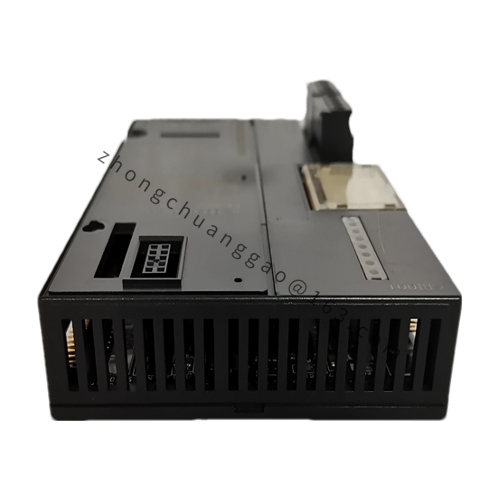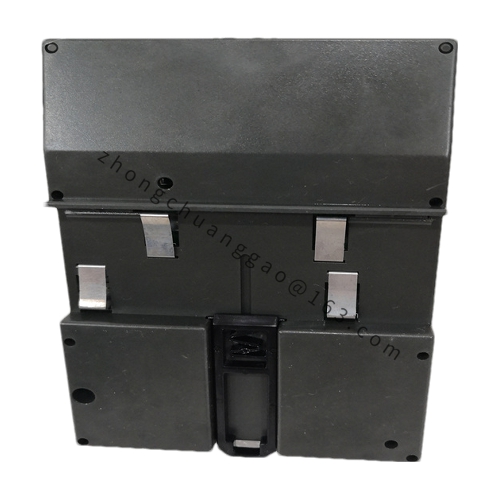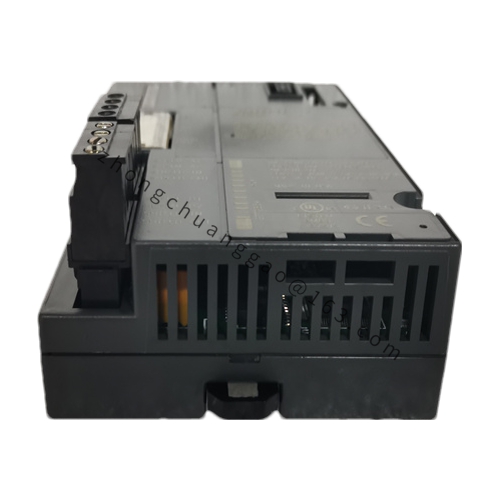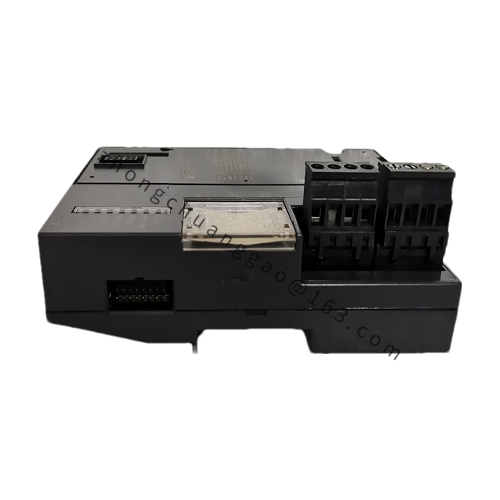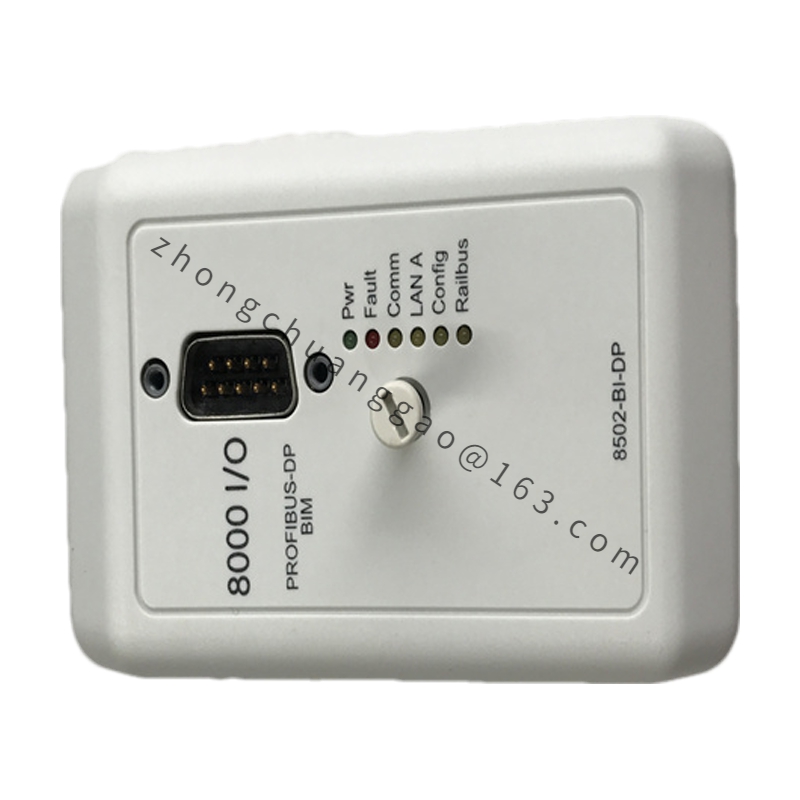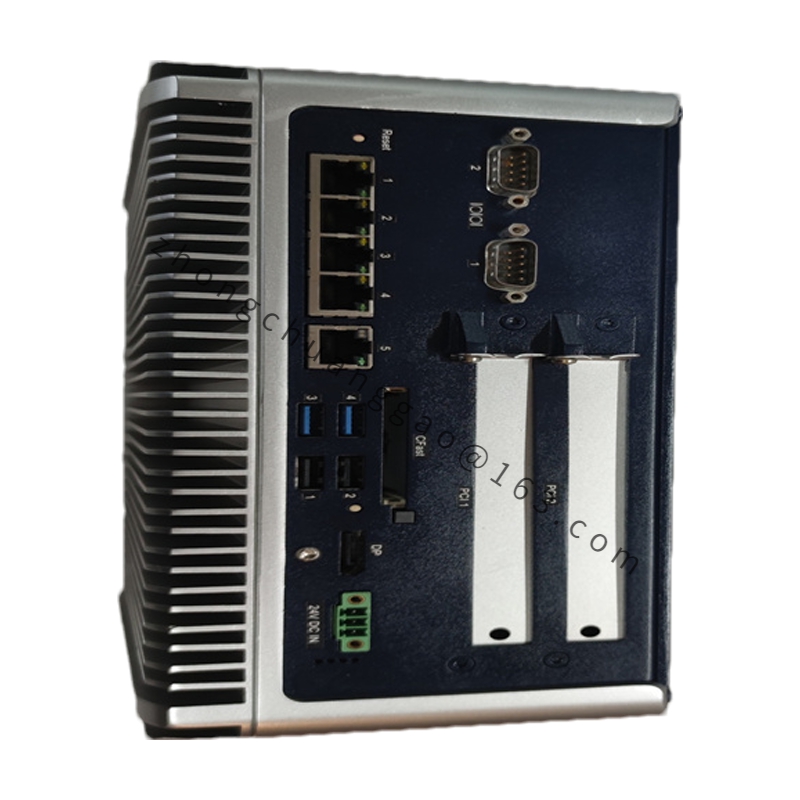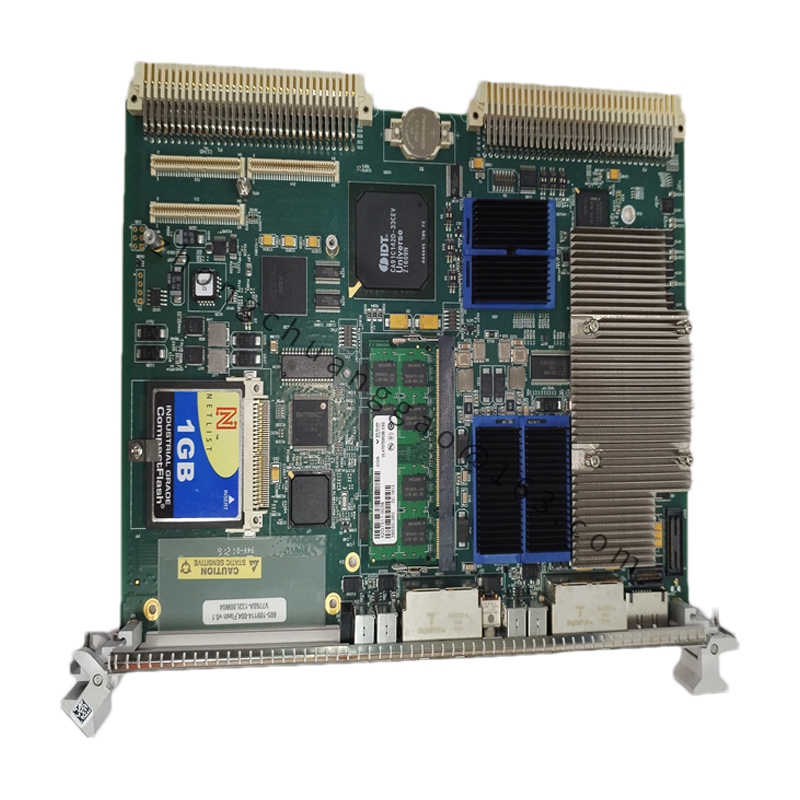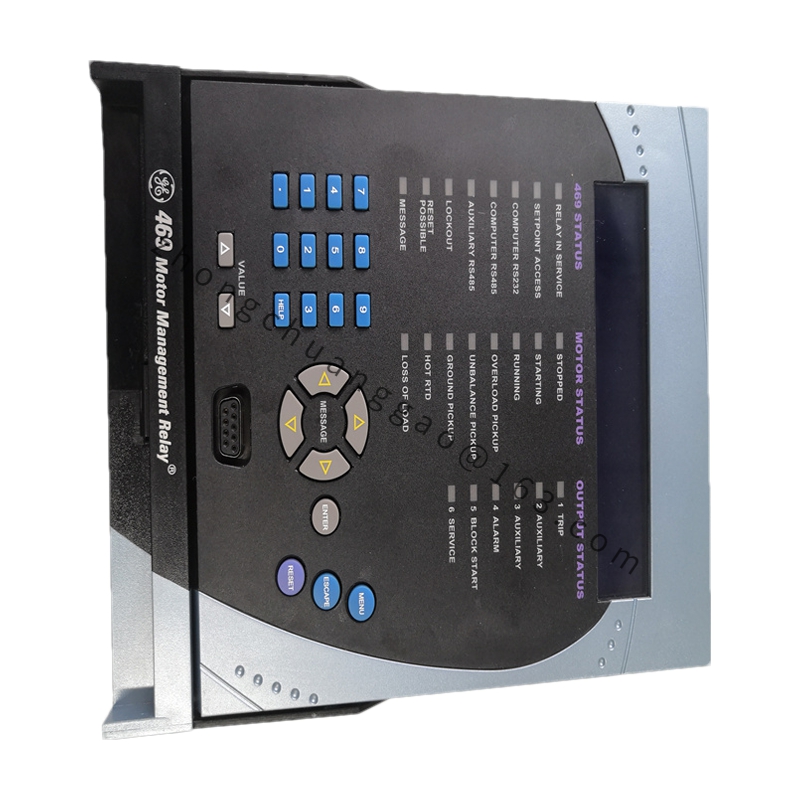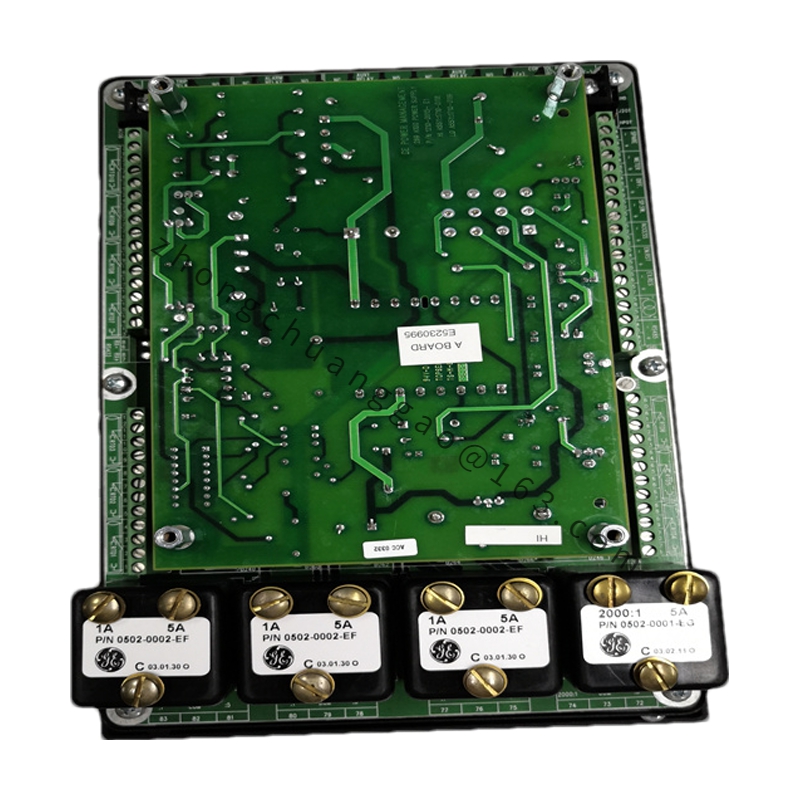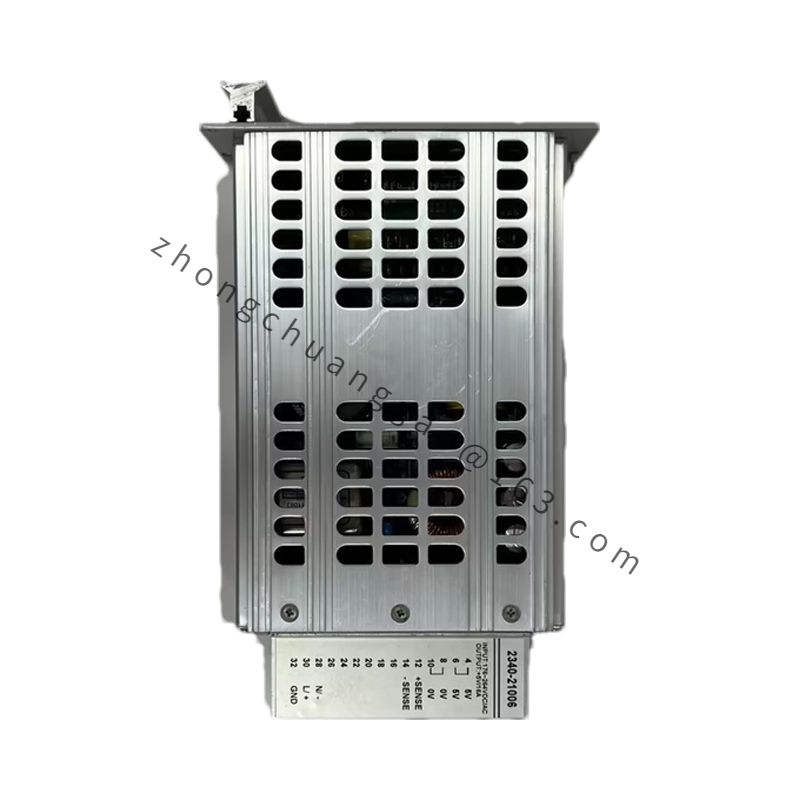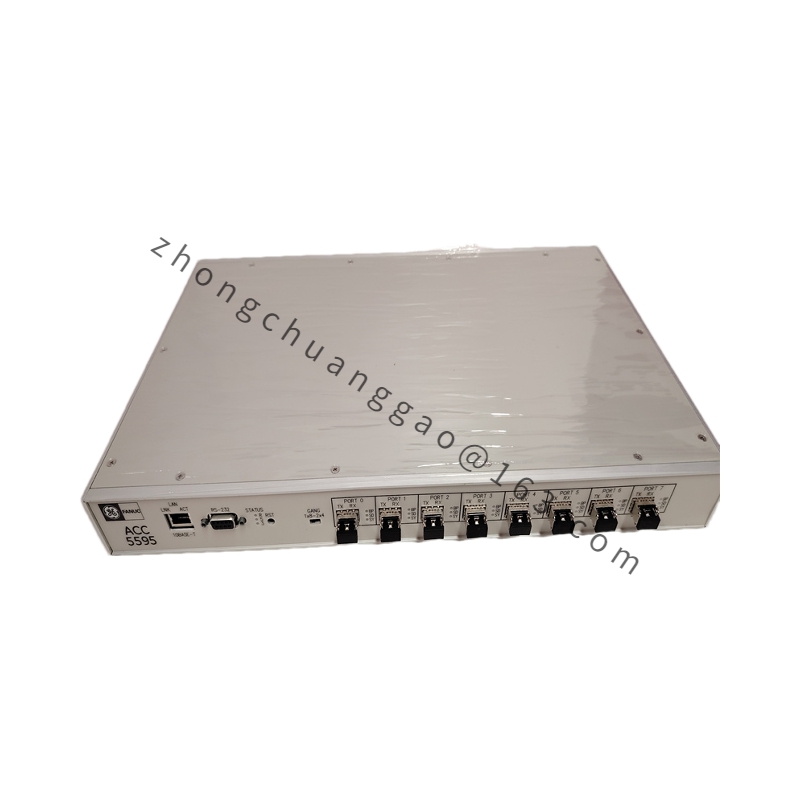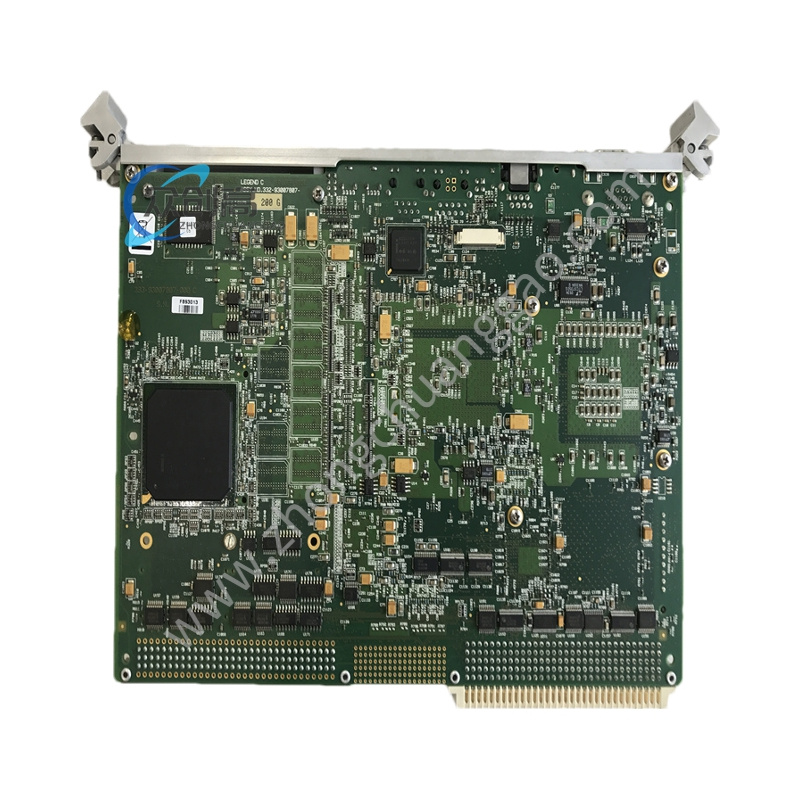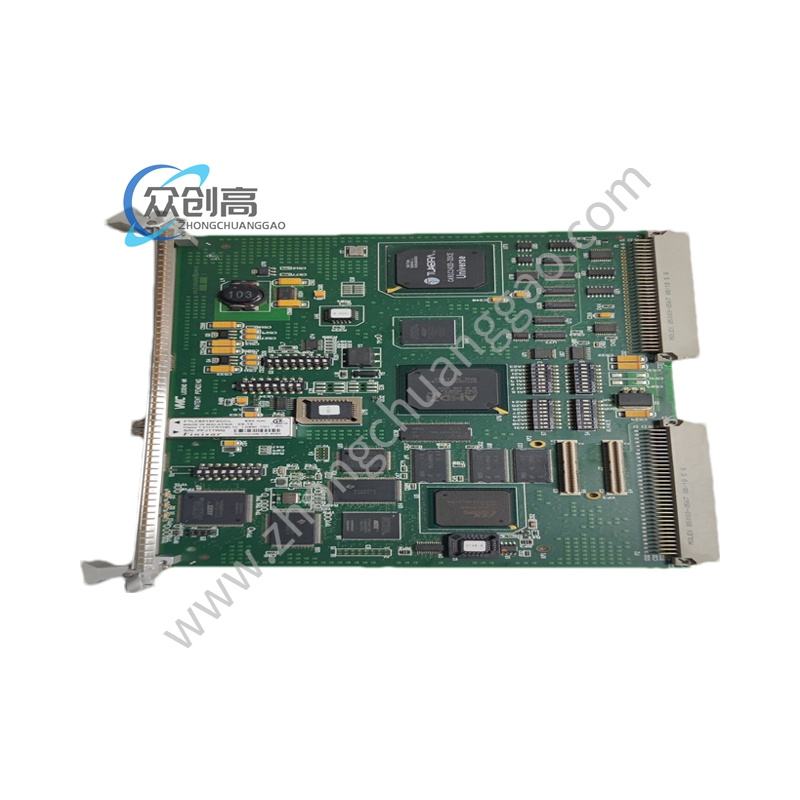GE IC200GBI001
The GE IC200GBI001 is a VersaMax communication module designed by GE Intelligent Platforms/GE Fanuc. It serves as a Genius network interface unit, allowing for the integration of VersaMax I/O modules within a distributed I/O architecture. This module is widely used in various industrial automation applications, providing robust communication capabilities and flexibility.
Detailed content
Technical Specifications:
Supported Network: Genius Network
Maximum I/O Modules per Rack: 8
Maximum Number of Racks: 8 (Supporting up to 64 I/O modules in total)
Transmission Speeds:
Standard Configurations: 153.6 kbaud, 76.8 Kbaud, 38.4 Kbaud
Maximum Expansion Speed: 153.6 kbaud
I/O Capacity:
Discrete Inputs: Up to 1024 points
Discrete Outputs: Up to 1024 points
Analog Input Memory: 128 bytes
Analog Output Memory: 128 bytes
Network Input/Output Scan:
Maximum Network Input Scan per Scan: 128 bytes
Maximum Output per Scan: 128 bits
Power Consumption:
250 mA @ 4VDC
10 mA @ 3.3VDC
Serial Bus Address Range: 0 to 31
Physical Connections:
Dual Genius connection terminals for primary and redundant ports
Supports daisy-chain topology with termination resistors (75, 100, 120, or 150 ohms)
Functional Characteristics:
Versatility: Compatible with a wide range of controller systems, including the 90-70 series, PACSystem RX7i, and PACSystem RX3i, ensuring seamless integration into existing and modern control platforms.
Redundant Configuration: Supports redundant connections for high availability and reliability in critical applications.
Extensive I/O Capacity: Capable of managing a large number of I/O points, making it suitable for complex automation systems.
Enhanced Diagnostics: Offers operator diagnostic data through the Enhanced Diagnostic Mode (EDM), facilitating troubleshooting and maintenance.
Application Scenarios:
The GE IC200GBI001 finds widespread application in numerous industries where automation is crucial. Some of its primary application areas include:
Manufacturing: Used in factories and production lines for automating control processes, improving efficiency, and reducing downtime.
Process Industries: Deployed in petrochemical, oil and gas, and power generation industries for monitoring and controlling complex processes.
Infrastructure: Applied in transportation systems, water treatment plants, and other critical infrastructure projects for reliable and efficient automation.
Other Industries: Also used in metallurgy, paper and printing, textile dyeing, automotive manufacturing, tobacco processing, plastics machinery, and various other sectors requiring advanced automation solutions.

